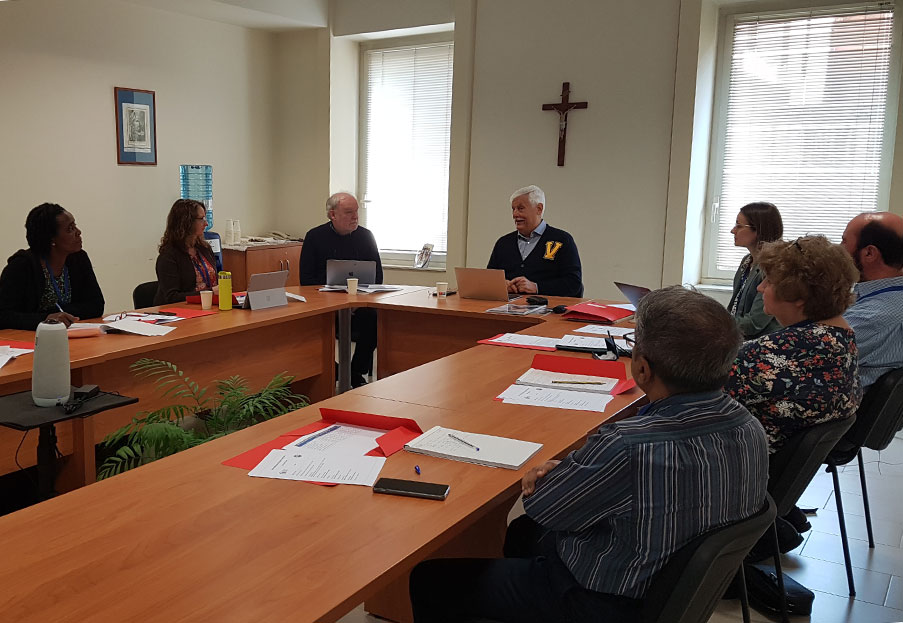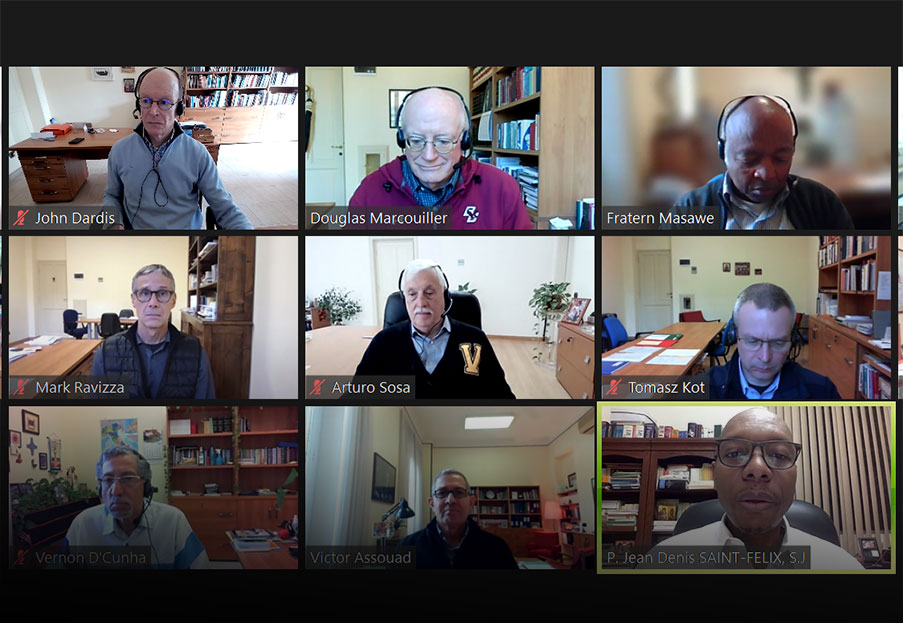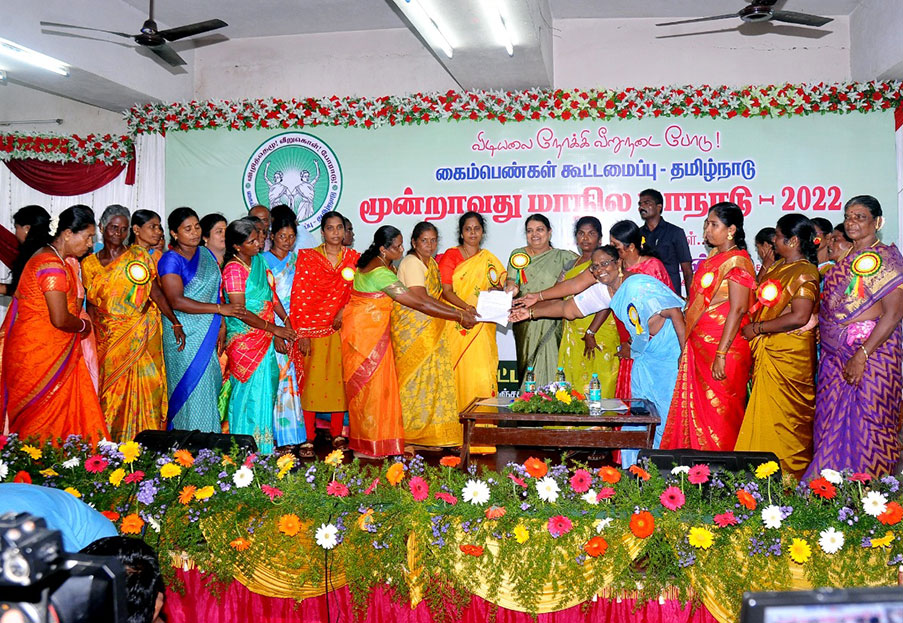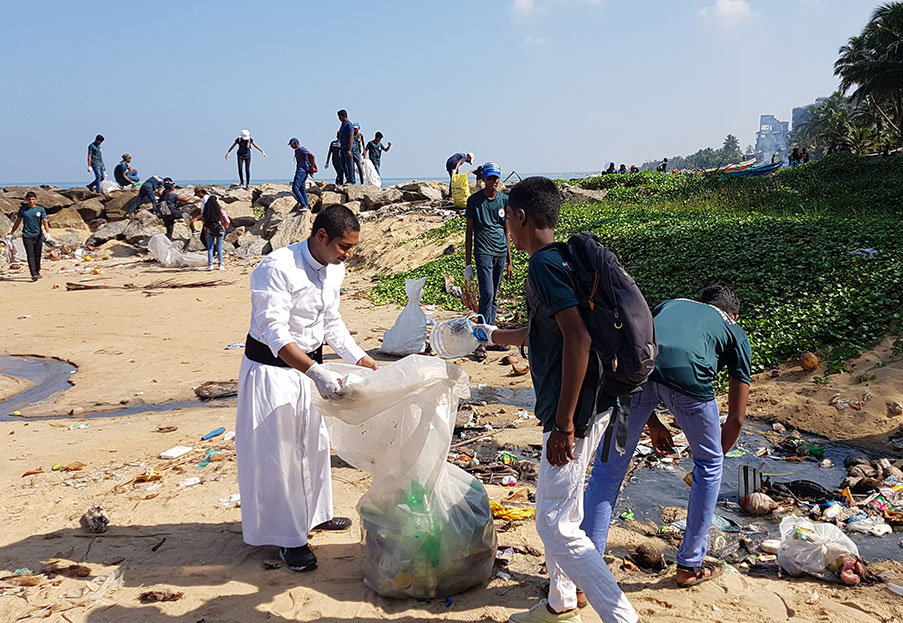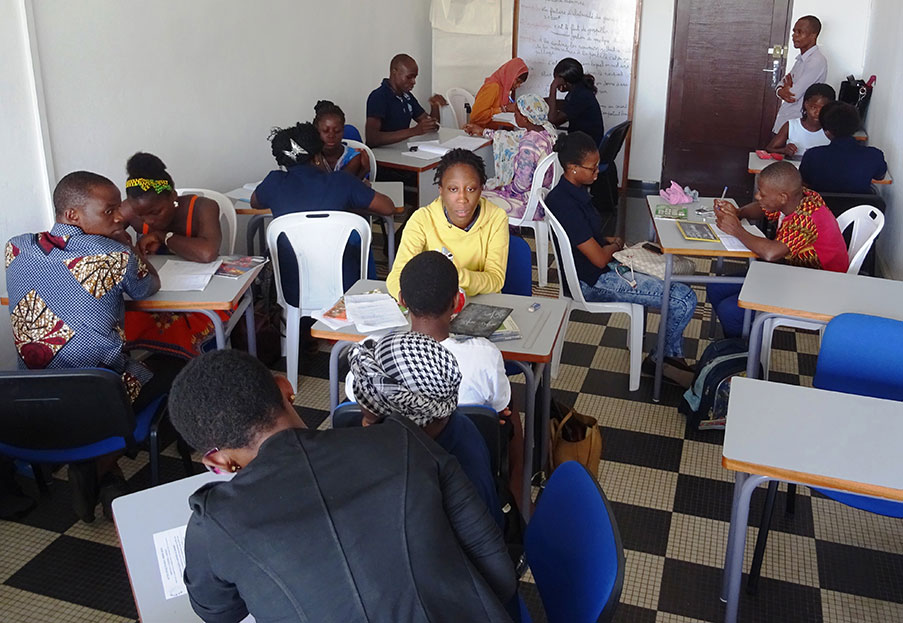Economy for the care of life: the COMPARTE network
COMPARTE is a network of the Jesuit Conference of Provincials in Latin America and the Caribbean (CPAL) consisting of 15 social centers (CS) present in 15 regions of 10 countries (Paraguay, Bolivia, Brazil, Peru, Ecuador, Colombia, Nicaragua, El Salvador, Guatemala, and Mexico), the Jesuit Service to Panamazonia (SJPAN), the Work Formation of the Federation Fe y Alegría and Alboan. We are a community of learning and action conformed in 2008 to construct, together with producer organizations and other allied entities (social actors), economic-productive initiatives as alternatives to the dominant development model.
The 36th General Congregation in its decree 1, “Companions on a mission
of reconciliation and justice,” calls us to the renewal of our apostolic life
and it is there that we situate the intuition which animates our endeavors. It
points out that “Because of the magnitude and interconnectedness of the
challenges we face, it is important to support and encourage the growing
collaboration among Jesuits and Jesuit apostolates through networks.
International and intersectoral networks are an opportunity to strengthen our
identity, as we share our capacities and local engagements in order together to
serve a universal mission” (n. 35).
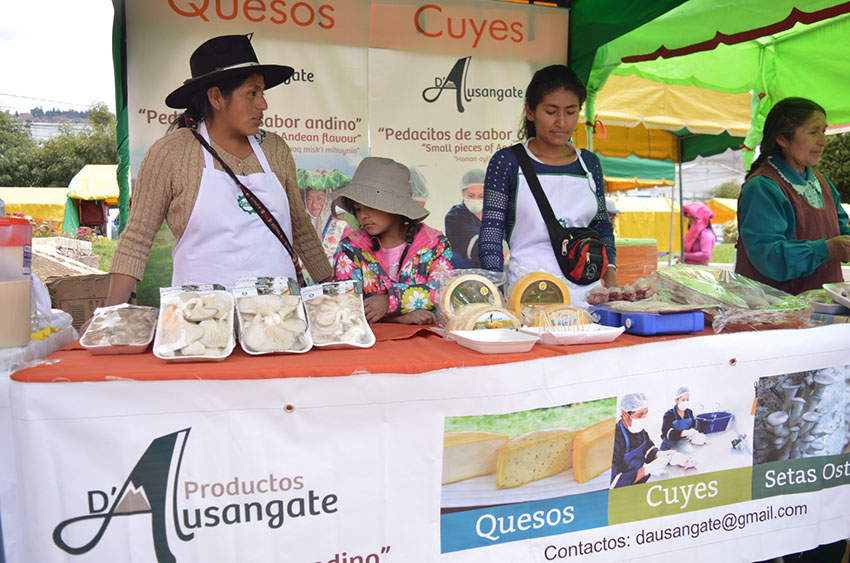
We align the economic-productive initiatives with eight traits of the alternatives to development that we support, utilizing diverse procedures, knowledge, and modalities of action, in order to achieve good living conditions among families who are in situations of exclusion and poverty.
• In defense of life: the person and his or her dignity in the center.
• Locally based: we construct an alternative vision based upon the local situation.
• Generate capacity for participation and decision making.
• Support for collective construction.
• Recover the wealth of diversity.
• Utilize the bounties of nature in a just and sustainable manner.
• Strengthen the role of women.
• Prioritize good living conditions for all people.
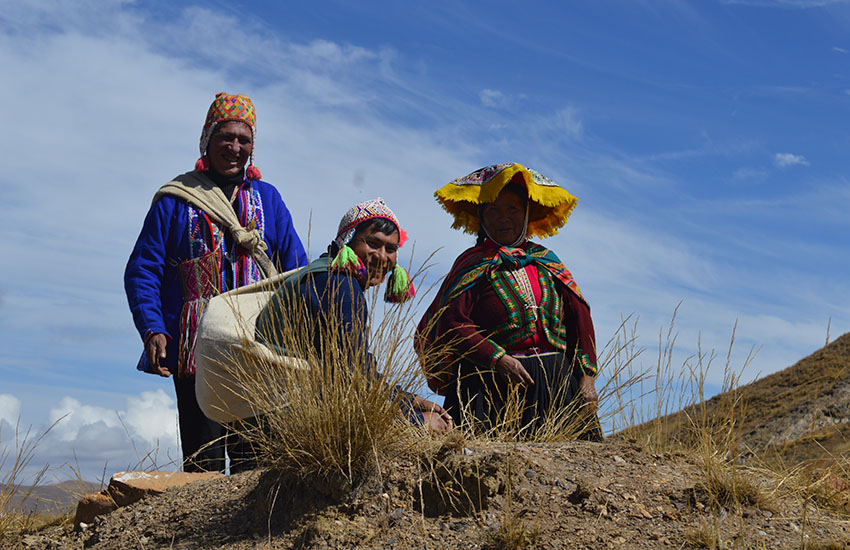
We develop productive initiatives in rural areas (coffee, cocoa, banana, honey, dairy and oleaginous products) and in urban areas (textile, footwear, and crafts) in generally paradoxical situations: communities lacking well-being, present in territories of abundance who, progressively, fall into ever more abject poverty.
From the experience of projects, teams, laity, and Jesuits we generate practical know-how which is translated into methodologies we then disseminate and which give sense to our way of working together and commit fully to the end (En-Red-Darnos, meaning both “giving ourselves through the network” and “committing ourselves fully.”)
Three elements structure our endeavor:
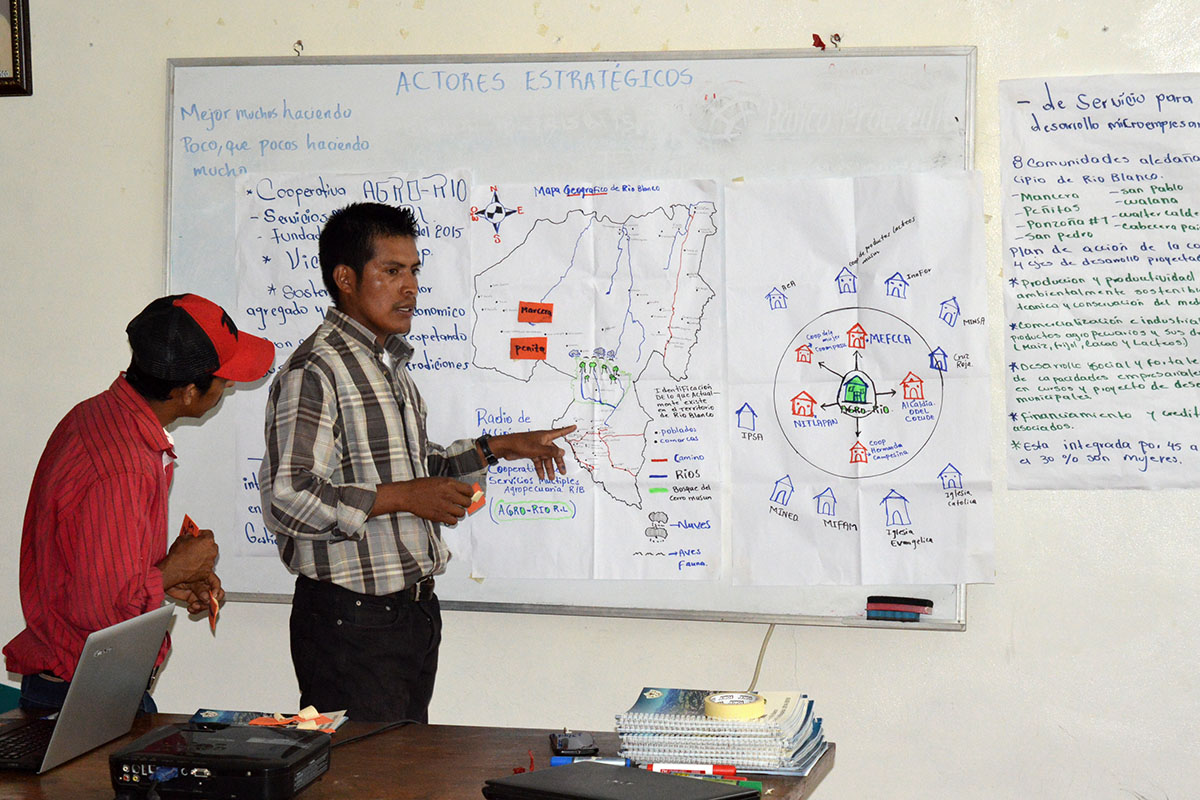
1. Strategic Reading of the Territory: As the point of departure it proposes the attainment of an ordered, overall comprehension of the territory; the identification of key elements which contribute to the construction of alternative economies with local and regional impact, taking into account potential and challenges. Exercise carried out in regions of Colombia, Peru, Guatemala, and Nicaragua.
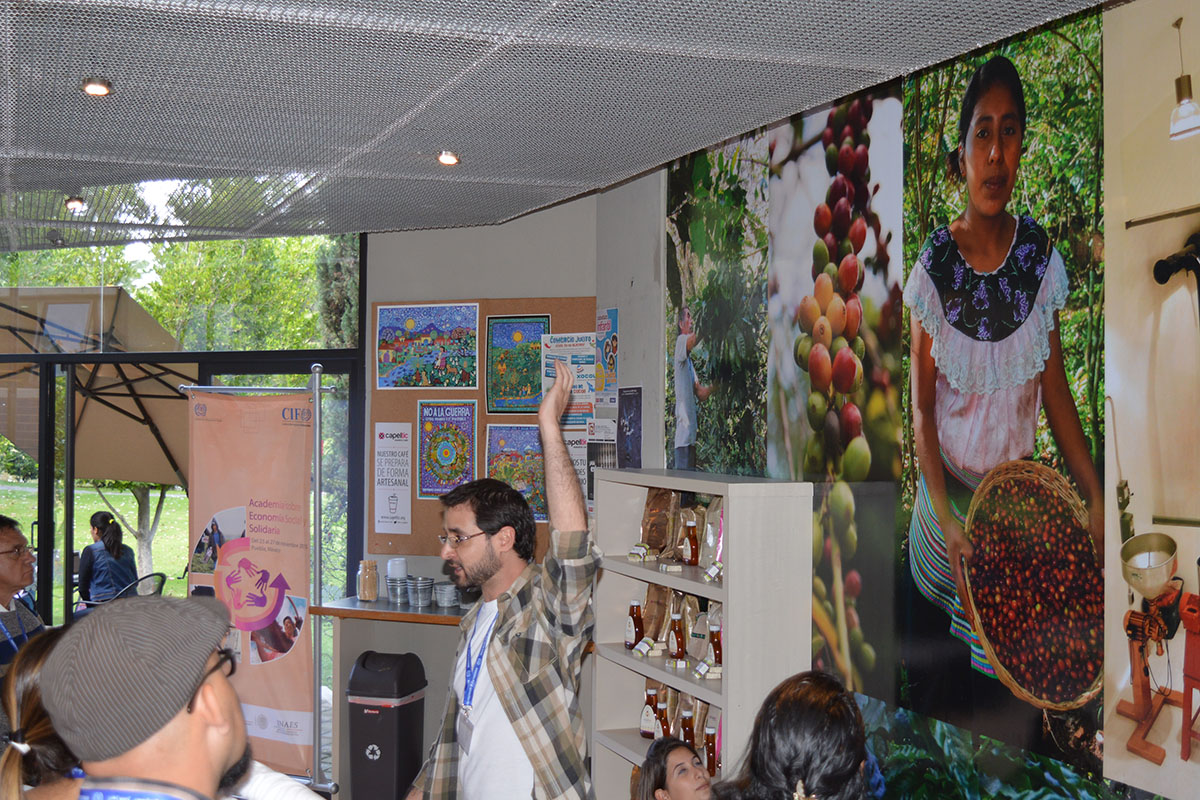
2. Management of value chains in complete economic cycle in order to obtain control of its products up to the social reinvestment of the utilities. This breaks cycles of intermediation or speculation, favoring the retention of produced wealth and confident relations between producers, markets, and consumers. Our experiences in Mexico, Colombia, and Peru in managing value chains of coffee, cocoa, and dairy products confirm this horizon of action based on the professionalization of processes and products which guarantee their ongoing quality.
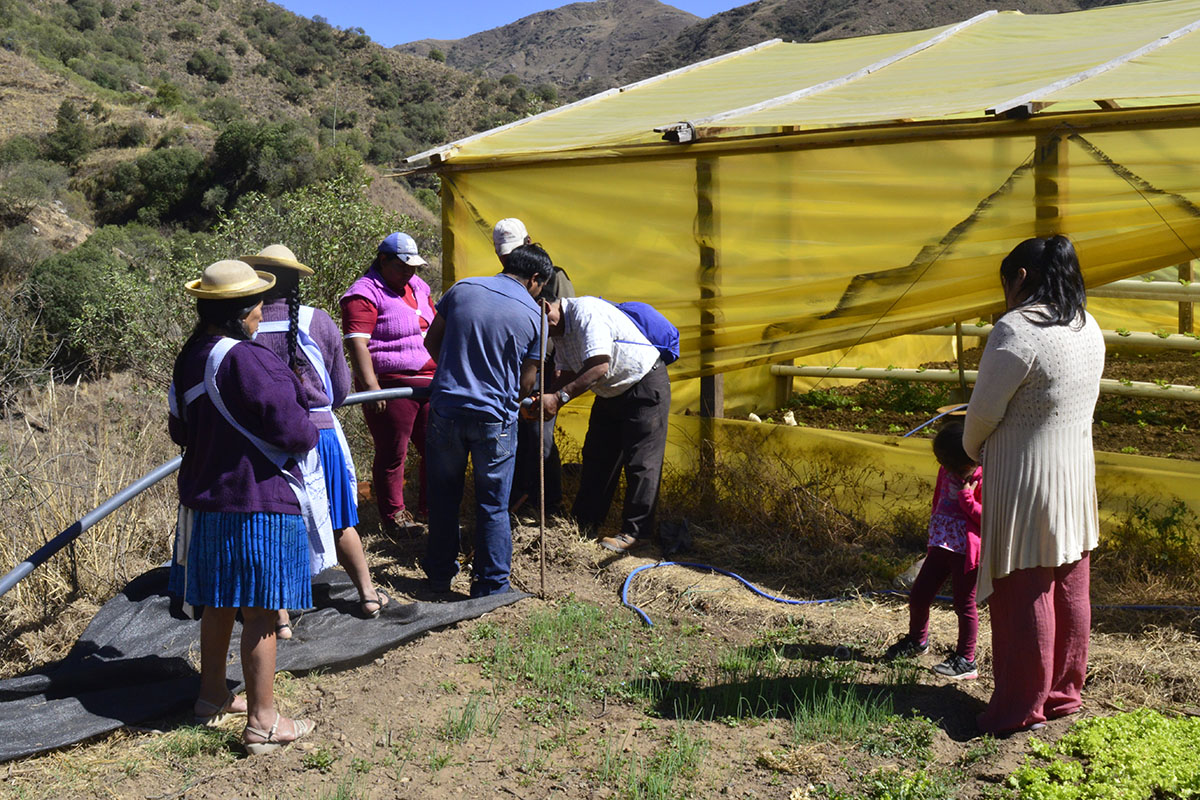
3. The multi-actor focus considers that the consolidation of sustainable and robust economic-productive alternatives is enabled by the development of appropriate capacities in people, organizations, and institutions through the creation of models of solidarity in collaboration with diverse social actors.
We promote concrete actions of connection and networking, on one hand, for processes of formation, specialized technical assistance and research, with universities of the Association of Universities entrusted to the Society of Jesus in Latin America (AUSJAL) in Mexico, Colombia, and Guatemala, and with the network of Jesuit Universities in Spain (UNIJES) in the Basque Country, Barcelona, Valladolid, Madrid, and Andalusia. And on the other hand, for the development of productive processes in conjunction with other lines of work of the CS: human rights, ecology, migrations, political participation, and incidence, etc.
COMPARTE develops a common identity and a sense
of belonging; it fosters the interchange of experiences, information,
methodologies, and joint learning; it enables the relation of different actors
and stimulates economic-productive processes, assuring that they move towards a
shared horizon, indispensable in order to sustain the hope that another, more
human and sustainable, economy is possible.
[Article from "Jesuits - The Society of Jesus in the world - 2020", by Álvaro Idarraga, Amaia Unzueta and Óscar Rodríguez SJ]

